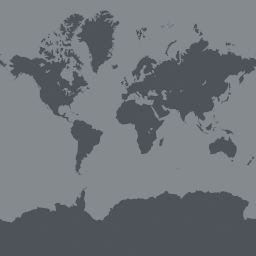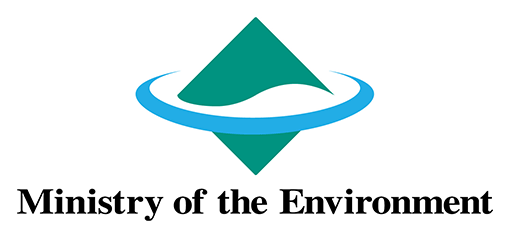Coverage of digitization among biodiversity collections located in the global North is already good, whereas efforts in the global South are lagging and a clear divide is evident—despite the biological richness in the South and the threats posed by global change.
In this project, the team will contribute to closing this gap by digitizing specimens of mushrooms and lichens deposited in two herbaria—National Herbarium and Plant Laboratories (KATH) and Tribhuvan University (TUCH)—and one natural history museum in Nepal, while also updating national checklists.
The data produced in the digitization project will serve as the foundation of mycological knowledge of Nepal quantifying their availability at different deposition centres with complete metadata. Digitization will help researchers study the ecology, distribution, phenology of fungal organisms, and increase knowledge-sharing and interest-building among students and relevant user communities.
Project progress
In July 2020 the project lead attended and successfully obtained the certification from the BIFA capacity enhancement workshop “Data Mobilization Workshop for Asia 2020”, and during the project also participated and presented virtually at the following events:
- In August 2020, as part of the GIIS Webinar series; highlighting the project under GBIF/BIFA framework and the importance for the data documentation and visualization.
- In November 2020, at the Mycological Association of Washington DC's monthly meeting through a live talk from Nepal; sharing his expertise on Nepalese fungi and also describing his recent mycological work with GBIF/BIFA and further plans including Ethnomycological Expedition in Nepal.
- In February 2021, at the 23rd Annual San Diego Fungus Fair of the San Diego Mycological Society, through a live talk; presenting the research of the project and the designed mycological expedition in Nepal.
By final reporting the project team digitized 2,462 specimens of lichens (TUCH:1,123; KATH: 1,207; NHM: 132) and 3,971 specimens of mushrooms (TUCH:707; KATH: 1,620; NHM: 1,644), for which the occurrence data (totalling 6,433) obtained from this has been published on GBIF in six datasets; (two lichens and mushrooms) for each of TUCH, KATH and NHM. It also has been able to bring additional occurrence records and a data paper on fungi from a cofunded field trip from a very new collection site Jalthal, Jhapa. Details of this digitization project were also shared more widely by the project lead during several presentations to provincial government officials in Nepal.
In addition to the above, in July 2021 a publication related to this project entitled Ethnolichenology—The Use of Lichens in the Himalayas and Southwestern Parts of China was published in the journal Diversity. See here for a full version of the publication.
Despite the COVID-19 pandemic and its consequences to the project implementation, the project team has been able to adapt and complete most of the planned activities and deliverables.
Glimpses of the project activities at different collaborating institutions throughout the project period can been found here. Post-project, work to publish the checklists is still envisaged, together with the publication of more technical data papers.
Post project progress
On 29 September 2022, in the International Conference on Multidisciplinary Approaches in Lichenology (Lucknow, India), organized by The Indian Lichenological Society and the CSIR-National Botanical Research Institute, India, the project lead presented the digitization work in a talk on "Digitization of the Lichen Herbarium Collection: Lessons Learned and Methodological Insights from Nepal".




